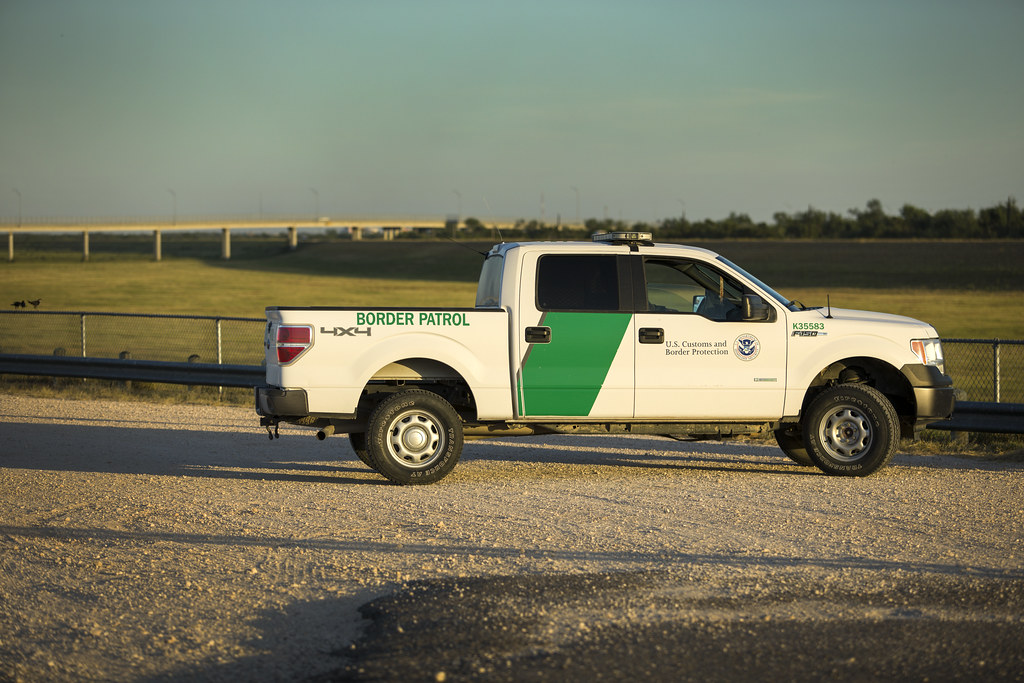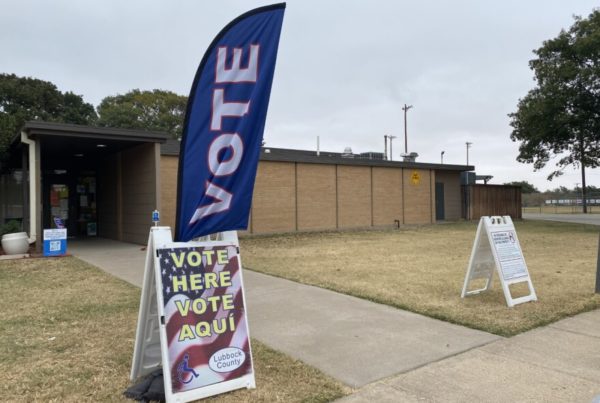From ProPublica,
A government investigation into the 2019 death of a Guatemalan teenager in Border Patrol custody has found serious problems with the agency’s handling of sick detainees.
The report, obtained by ProPublica through a public records request, concludes that Border Patrol agents did not check on 16-year-old Carlos Hernandez Vasquez, who died of the flu after writhing on the floor of his cell in Weslaco, Texas. The report also found that the case reflected broader problems with care in a detainee system that at the time was overwhelmed with migrants, many of whom were ill.
The findings echo the conclusions of a ProPublica investigation from two years ago that revealed how the government failed in taking care of Hernandez.
Hernandez had been detained by Border Patrol agents in May 2019. After being in custody for a few days at an overcrowded processing facility, the Guatemalan migrant had been diagnosed with the flu and was running a 103-degree fever. A nurse practitioner who treated Hernandez wrote that he should be checked again in two hours and taken to the emergency room if his condition worsened.
Agents noted in log books that they regularly checked on the boy after he was moved to another Border Patrol station that housed sick migrants. But video surveillance of his cell showed no sign of it, the report said.
The government report said that agents never went inside Hernandez’s cell that night as he lay ill. It wasn’t until the morning, when Hernandez’s cellmate woke up and found him unresponsive, that agents finally entered the cell.
Falsifying federal records to impede administration of an agency’s function is a crime. But the U.S. Attorney’s Office for the Southern District of Texas declined to prosecute anyone in Hernandez’s death, the report said. The U.S. attorney declined ProPublica’s request for comment on the decision.
The report is by the Office of Inspector General, which is the internal watchdog for the Department of Homeland Security. The government issued a press release in September about the general findings, but the report itself was not released. Most of the report was provided to ProPublica in response to a Freedom of Information Act request.
The report still leaves many questions unanswered, including whether anybody involved in the case has been disciplined.
The government also did not provide the full report to ProPublica. The inspector general’s office said it was releasing 164 pages of documents, but it has provided only 104. The agency hasn’t responded to numerous inquiries about the discrepancy.
U.S. Customs and Border Protection, the parent agency of the Border Patrol, declined to comment on whether any agents have faced discipline stemming from Hernandez’s death or whether any changes had been made as a result of the inspector general report.
The agency said it is continuing an internal investigation, 32 months after Hernandez died and four months after receiving the inspector general report.
The Texas Civil Rights Project, which represents Hernandez’s family, also declined to comment on the report.
Rep. Bennie Thompson, the chairman of the House Homeland Security Committee, said the report identified several failings. It “confirms a concerning lapse in care for the health and well-being of Carlos, as well as the importance of appropriate training and resources for personnel caring for children in custody. CBP must do better,” the Mississippi Democrat said.
The report found that only one health care worker was on duty when Hernandez died the night of May 19, even though more than 200 sick migrants were housed in a makeshift ward.
A pediatrician who reviewed the case for investigators wrote that agents should have noticed that Hernandez was in trouble. The doctor noted that videos showed Hernandez using the bathroom an “extraordinary” number of times. The doctor said it was “especially worrisome” that agents’ logs of Hernandez’s last hours noted no problems even as the boy, the doctor wrote, “was lying motionless on the bathroom floor.”
The doctor, whose name is redacted from the report, stated that Hernandez probably would have died even if he had been watched more closely. In addition to the flu, Hernandez had sepsis and a severe immune disorder, according to an autopsy report.
But Dr. Alia Sunderji, a pediatric emergency medicine physician who has researched the deaths of migrant children in Border Patrol custody, said the inspector general report hadn’t properly framed its question about Herndandez’s illness.
“I would say that the question shouldn’t be, or isn’t, ‘Might he have died anyway?’ The question is, ‘Might he have lived?’” said Sunderji, who has reviewed autopsy reports and Border Patrol medical records of Hernandez’s care at our request. “That answer is yes, there is a possibility that with prompt treatment he could have lived.”
Dr. Judy Melinek, a San Francisco-based pathologist who has reviewed Hernandez’s autopsy report and Border Patrol medical records, said she believes his immune disorder was caused by his untreated illness.
“It can occur in overwhelming untreated sepsis,” said Melinek.
Hernandez was the fifth child to die either in Border Patrol custody or shortly after release between December 2018 and May 2019. Three of them died of the flu.
Hernandez and his 18-year-old sister were among almost 133,000 migrants taken into custody at the southern border that May, the highest total in 13 years.
His sister was allowed to travel to New Jersey to be with another brother while immigration courts decided her status. Hernandez was held by the Border Patrol because he was a minor and was supposed to be turned over within three days to the agency responsible for finding placements for unaccompanied children.
But the large numbers of children crossing the border had created delays. Hernandez was still in Border Patrol custody in McAllen, Texas, six days later when he got sick.
He was moved that afternoon, May 19, to another Border Patrol facility in the nearby town of Weslaco, which was serving as a makeshift isolation ward for sick migrants.
Hernandez was seen by a nurse practitioner that evening, his last contact with a health professional.
Health care workers and Border Patrol agents told investigators that it was common to have only one or two medical staffers on duty at the Weslaco station. The report said the workers, employed by a contractor called Loyal Source Government Services, repeatedly raised concerns about low staffing levels. (Company officials didn’t respond to a request for comment.)
The inspector general said Loyal Source’s policies didn’t set a ratio for medical staff to detainees. The report said the Border Patrol rushed to provide medical staffing at detention centers after two children died in custody in December 2018 but “did not ensure adequate oversight procedures were in place.”
The inspector general report also found a breakdown in required welfare checks of detained migrants. The lead Border Patrol agent at Weslaco on the midnight shift the night of Hernandez’s death told investigators he had been instructed to check on each person hourly but had never received training on how to do the checks.
The lead agent told investigators that he made hourly checks of Hernandez’s cell but didn’t remember seeing anything that raised concerns.
He also told investigators that it was common practice for lead agents to “check the ‘select all’ tab in the [logging] system and press enter, reporting all detainees received an hourly welfare check.”
The agent’s name is redacted in the inspector general report released to ProPublica. But Border Patrol log records previously obtained by ProPublica from the Weslaco Police Department showed that Agent Oscar Garza logged welfare checks at 2:02 a.m., 4:09 a.m. and 5:05 a.m.
Closed-circuit video showed that Hernandez’s last movement was at 1:41 a.m., as he lay beside the toilet in his cell. A pool of blood was visible on the floor near his concrete bed.
Garza told investigators he hadn’t noticed any problems. He did not respond to requests for comment.














